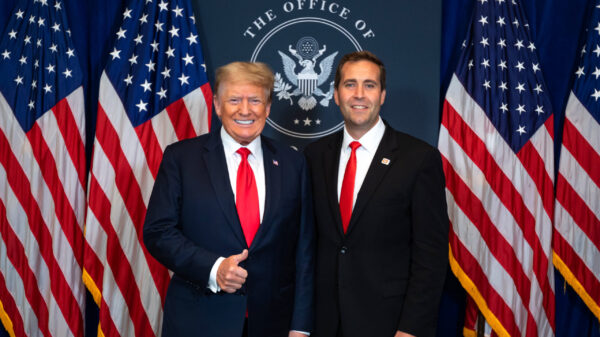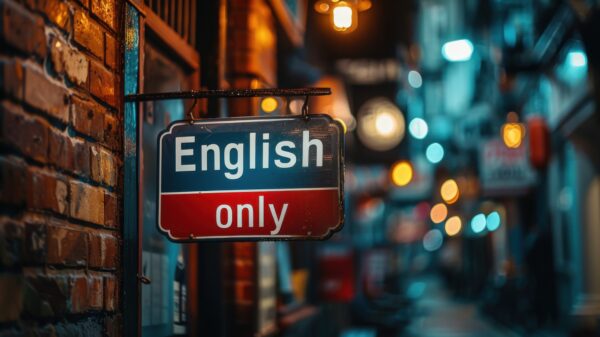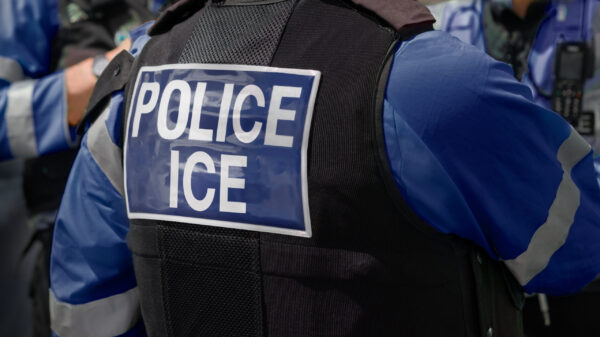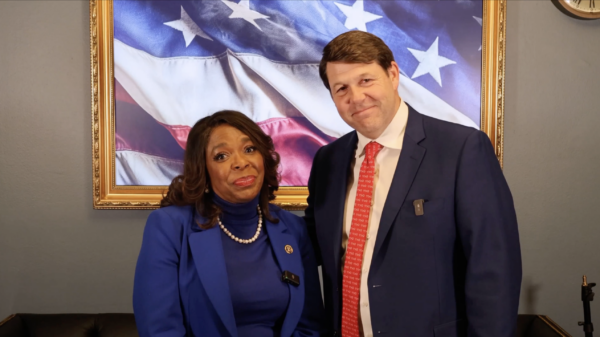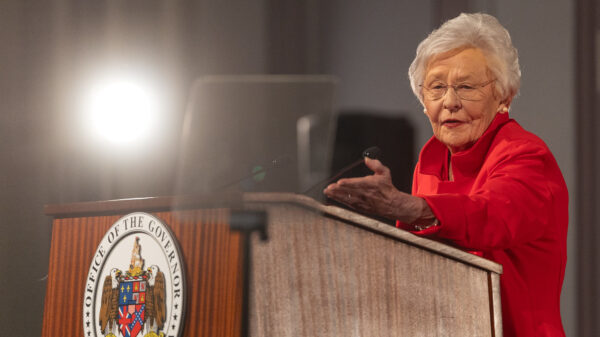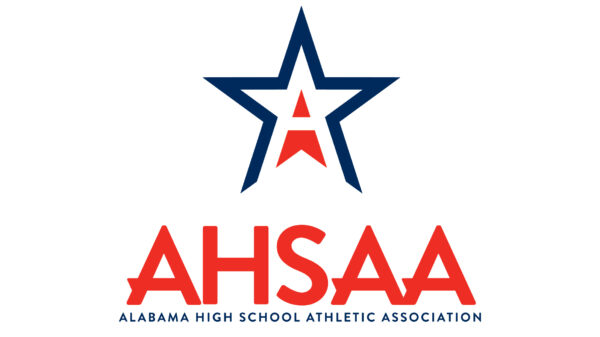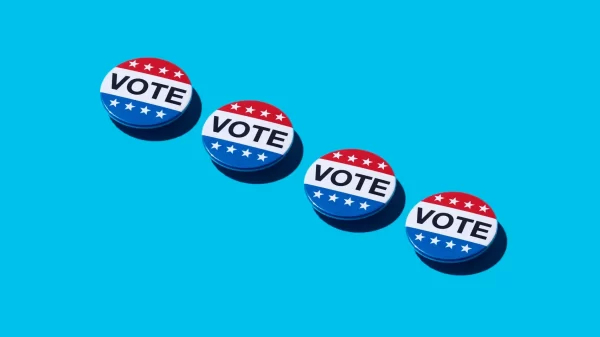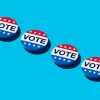By Susan Britt
Alabama Political Reporter
The following article is part of APR’s on-going series on gaming and the lottery:
Polling on both sides of the political aisle indicates that the voters in Alabama support the right to vote on a lottery and legalized gaming — and overwhelmingly support a lottery and legalized gaming. By participating in lotteries across state lines in Georgia, Tennessee and Florida, Alabamians have paid millions of dollars to educate the children of those states. While some questioned the continued viability of state lotteries, several recent large jackpots and the continued popularity of scratch-off tickets demonstrate that lotteries are still sources of significant revenue for lottery states. The lottery debate in Alabama has been historically broken down in the Legislature over four issues:
- Opposition based on perceived moral grounds – a blanket opposition to all forms of gaming.
- The notion that legislation, which has been introduced in the past, was either too specific or not specific enough.
- Legislators’ desires to see locations approved within their districts. “If we are gonna have legalized gaming, the people in my district want the opportunity to have a location.” But not wanting to be perceived as supporting proliferation.
- Native American interests wishing to maintain their untaxed monopoly by putting pressure on elected officials who receive sometimes substantial campaign contributions from them.
Attorneys specializing in gaming have reviewed the statutory framework in states which have authorized gaming. The most effective legislation, and what we think would be the most likely to pass in Alabama, consists of nine components:
- Amends the constitution to remove the prohibition against lotteries.
- Establishes a lottery corporation and a gaming commission.
- Defines the powers and authorities of the lottery corporation and gaming commission.
- Establishes the purposes for which the proceeds from a lottery and legalized gaming can be used.
- Establishes the number, appointment process, term and qualifications of the members of the lottery corporation and the gaming commission.
- Establishes a licensing process for licensed operators of gaming facilities, which includes a limitation on the number and location of gaming facilities.
- Sets reasonable tax rates and distribution.
- Delegates authority to the gaming commission to promulgate additional rules and regulations for licensing, enforcement and regulation.
- Delegates authority to the governor to enter into compact negotiations with the Native Americans to ultimately be approved by the Legislature.
We must remember what it is the Legislature would be adopting — a constitutional amendment, which must pass the Legislature by more than the number of votes normally required for legislation: three-fifths versus the usual simple majority. Then the proposed amendment must be favorably voted on in a statewide referendum. Because it is so difficult to amend the constitution – and rightly so – the drafters cannot get too far into the weeds, because when the need arises to tweak the legislation – and it will – it could be nearly impossible to work the tweak through the process. Drafters and legislators must strike a balance between having the amendment include a rigid framework and allowing the smaller details to be addressed or tweaked through future enabling legislation.
The sixth component above — limitations on the number and locations of gaming facilities — is oftentimes the most contentious point in the Legislative debate and negotiating, but there are valid and important reasons for putting those limitations in place.
Having multiple locations within close proximity can give rise to serious problems ranging from over-saturation, infrastructure – roads, sewer systems, traffic congestion, law enforcement (lack of experience policing gaming facilities, lack of manpower), fire protection (lack of manpower and adequate equipment) – to objections by residents to gaming facilities being located in their communities. In past legislation, licenses would have been limited to the currently licensed greyhound racing tracks.
The logic behind that concept is pretty straightforward:
- The buildings are already in place — these facilities would take many months and cost tens and hundreds of millions of dollars to construct.
- The infrastructure is already in place — the fiber, cable, electronic systems and controls required by modern gaming equipment costs millions of dollars and takes hundreds of manpower hours to install.
- Management groups at the existing facilities have been vetted and have extensive experience operating — the local racing commissions have already conducted background checks and have decades of experience auditing and monitoring the financial controls in place at the existing locations.
- Law enforcement in the area of the existing facilities has decades of experience with responding to crime and enforcement activities associated with those types of facilities.
- The communities around the existing facilities support gaming facilities being in their community — this can be a major sticking point if residents in an area do not want gaming facilities located near their homes, businesses, schools or churches.
- The existing facilities can rapidly expand to accommodate new forms of gaming and increased customer flow — they have extensive experience with the business side of things that get lost in legislative debates: quickly hiring and training new employees, obtaining additional insurance, marketing and advertising, accounting and remitting taxes, etc.
- Quite possibly, the most important argument in favor of licensing existing greyhound racing facilities is that all of the existing facilities could implement the necessary changes and begin remitting the gaming taxes within 60 – 90 days of passage of the constitutional amendment.
The Native Americans are not left out of this proposal either. The Poarch Band of Creek Indians currently operates three electronic bingo casinos. However, not many people are aware that they also own a 75 percent interest in the Mobile Greyhound Racetrack. Because the racetrack is currently a licensed greyhound facility, the Poarch Band of Creek Indians would, in effect, be receiving an additional location.

